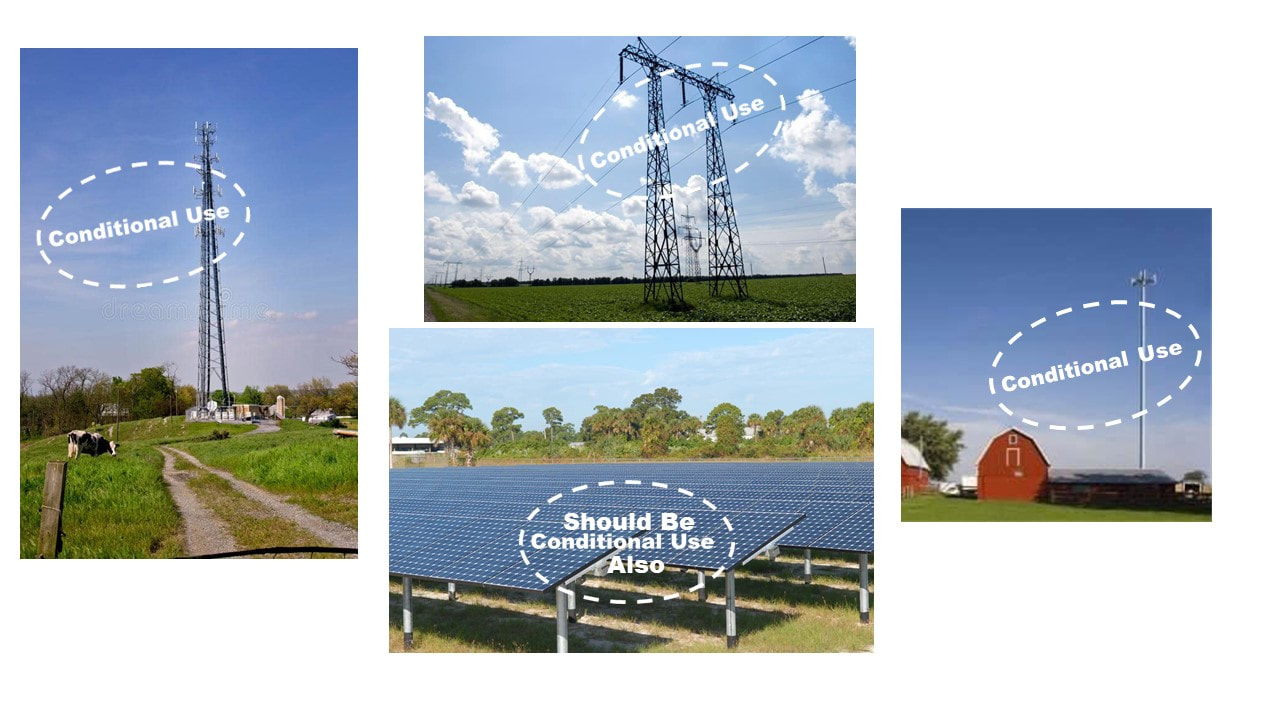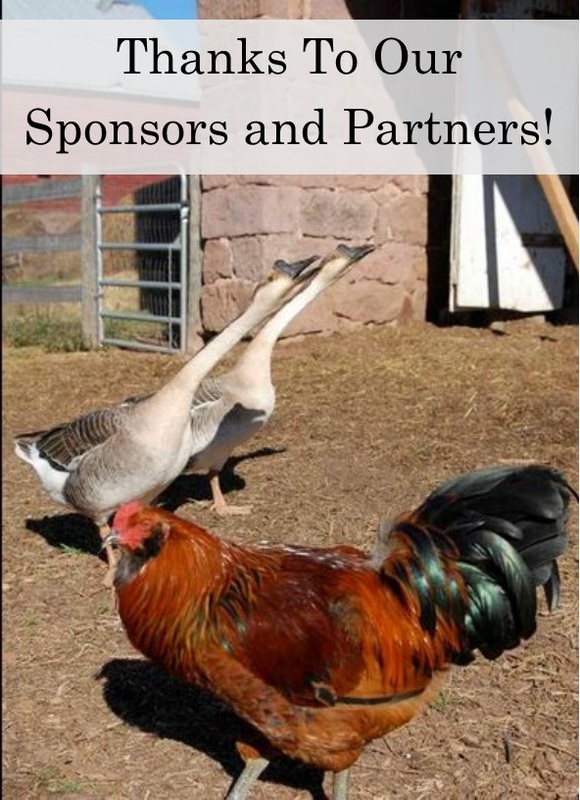The Council voted on 1/26/21 to protect Reserve soils, forests and water quality in siting solar. The post below was written before this vote.
Over the past year in ensuring ZTA 20-01 had the proper protections to balance solar generation with local farms, forests and water quality, the broad coalition of farmers, climate activists and environmentalists of which we are a part has been confused by the Sierra Club's lack of support for these same environmental protections as has been their mission for generations.
Yesterday afternoon, MCA received this communication (and our Response) from the Sierra Club taking us to task for our post listing the best practices for siting solar from Chesapeake Bay Foundation and Sierra Club.
All of the links and quotes on that post supporting farmland protection in solar siting were verbatim from the Maryland and National Sierra Club websites and yet they were calling them "misinformation"- many of the quotes actually seemed to support careful siting of solar on farmland - even calling for the protection of class 1-3 productive soils and making the arrays a conditional use- something this ZTA has failed to do despite outcry from hundreds of residents up and down county and over 60 civic groups. In the days since posting these best practices, one of the pages on the National Sierra Club about energy siting has been taken down.
The email from Sierra Club instead shared a different solar siting document, called the updated energy siting guidelines. This "updated" document (with solar parts highlighted) did not even mention ground mounted solar - but instead seems to make the case for rooftop solar as the way forward. For example (p. 13):
"Many opportunities exist in and adjacent to our communities for the local, smaller-scale application of renewable technologies (such as rooftop solar). Distributed clean energy involves the entire community in energy solutions, and reduces transmission impacts and disruptive transmission bottlenecks. The Sierra Club supports properly sited and designed local and district energy projects, and calls for measures to ensure that local, smaller-scale projects have access to the transmission and distribution system. Because distributed generation generally takes place in an urban or otherwise developed environment, serious siting problems or unacceptable environmental impacts are uncommon."
Land Use: The Sierra Club supports policies that protect productive agricultural land from urban, industrial, and mining development and prevent the conversion of wildland areas to agricultural use.
1. In general, land currently used for agricultural production in ways which protect longterm resource productivity should not be converted to other functions.
2. In areas not now in agricultural use, land-use classifications (including the identification of prime soils) and policies should be developed and implemented before conversion is permitted.
3. Those seeking to convert agricultural land to other uses, whether or not it is currently in active production, should bear the burden of proving that the proposed new use is more important to current and future public welfare and that no other location is feasible that would avoid loss of agricultural land; short-term economic gains to a few individuals are not sufficient grounds for reducing our stock of agricultural land.
4. Although the Sierra Club does not generally support the conversion of wildlands to agricultural use, each proposal must be evaluated on the basis of both the land’s importance for wildlife habitat and watershed protection and the characteristics of the proposed agricultural use.
5. It is important that there be wide public and professional participation in the planning process and that farmers, ranchers, and other agricultural professionals participate in land-use decisions.
6. Land-use planning should preserve cultural access rights and promote indigenous landuse and agricultural practices. 7. Zoning and land-division policy and practice should be structured to proactively protect prime agricultural lands from conversion to other uses.
It is up to the County Council now - many of whom have been thoughtfully considering the hundreds of emails from residents urging the responsible siting of solar in the Ag Reserve as a conditional use. (related: The MoCo hearing examiner responds to a misunderstanding of the Conditional Use process)
This ZTA was up for a vote at the council today, but ZTA sponsor CM Riemer has pulled the vote and will just have discussion with a hope to vote next week (you can watch on you tube here - tune in around 2:00 or 2:30pm)
This delay means there is still time to write in - individuals can do so here and organizations here. Thank you for your time on this issue when there is so much else going on. Your support of the Ag Reserve and local farms matters,







